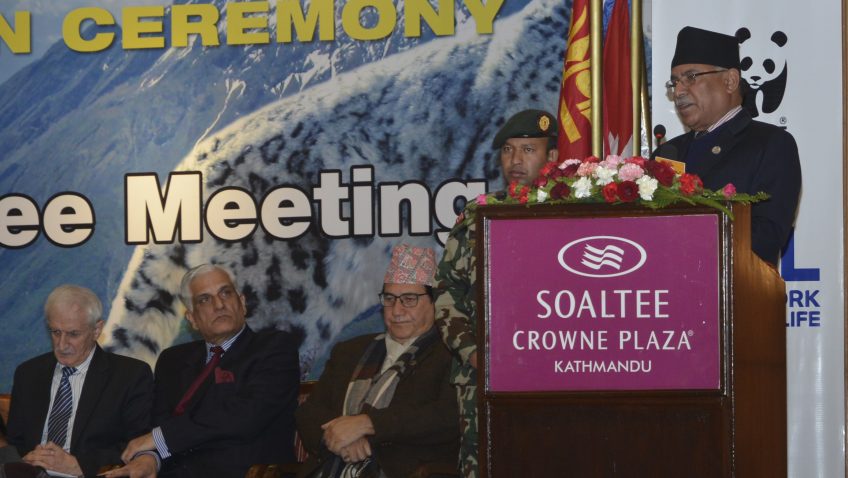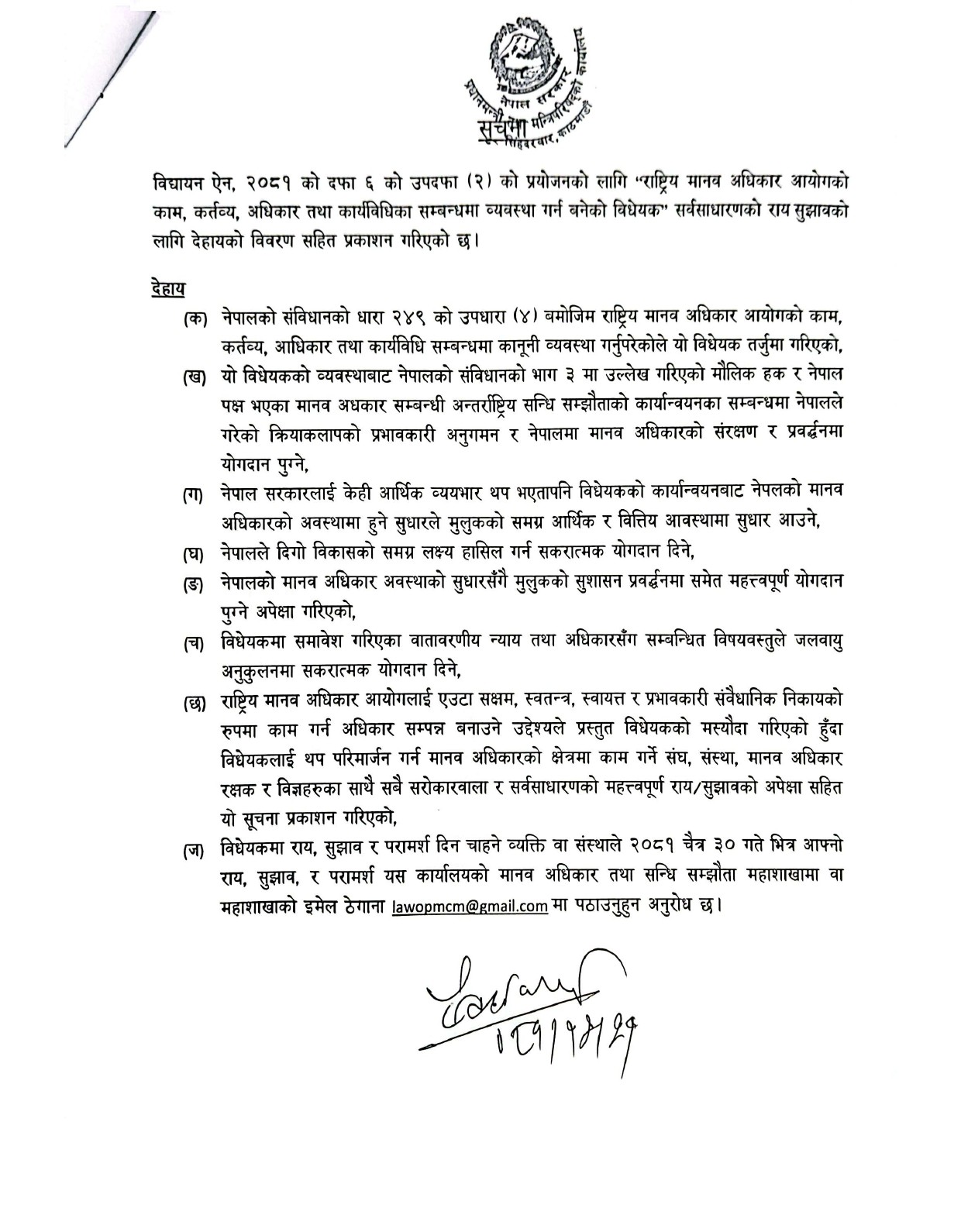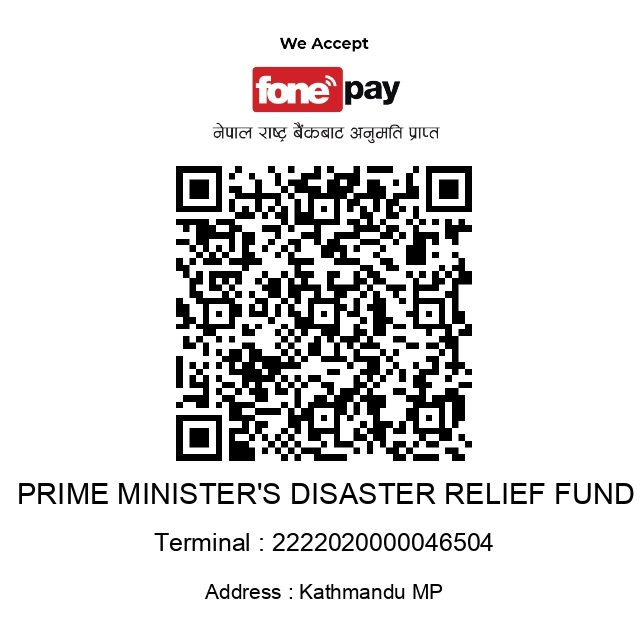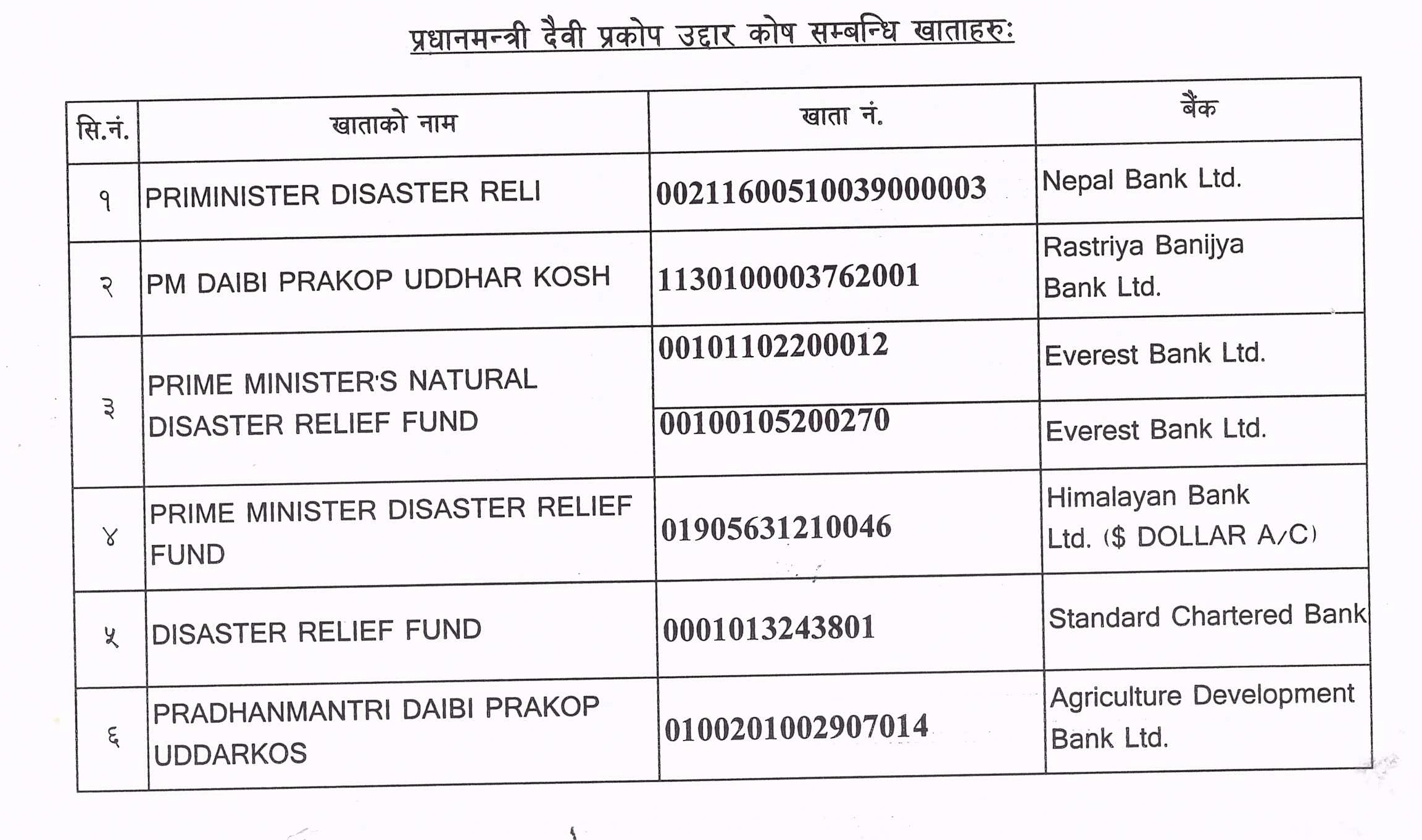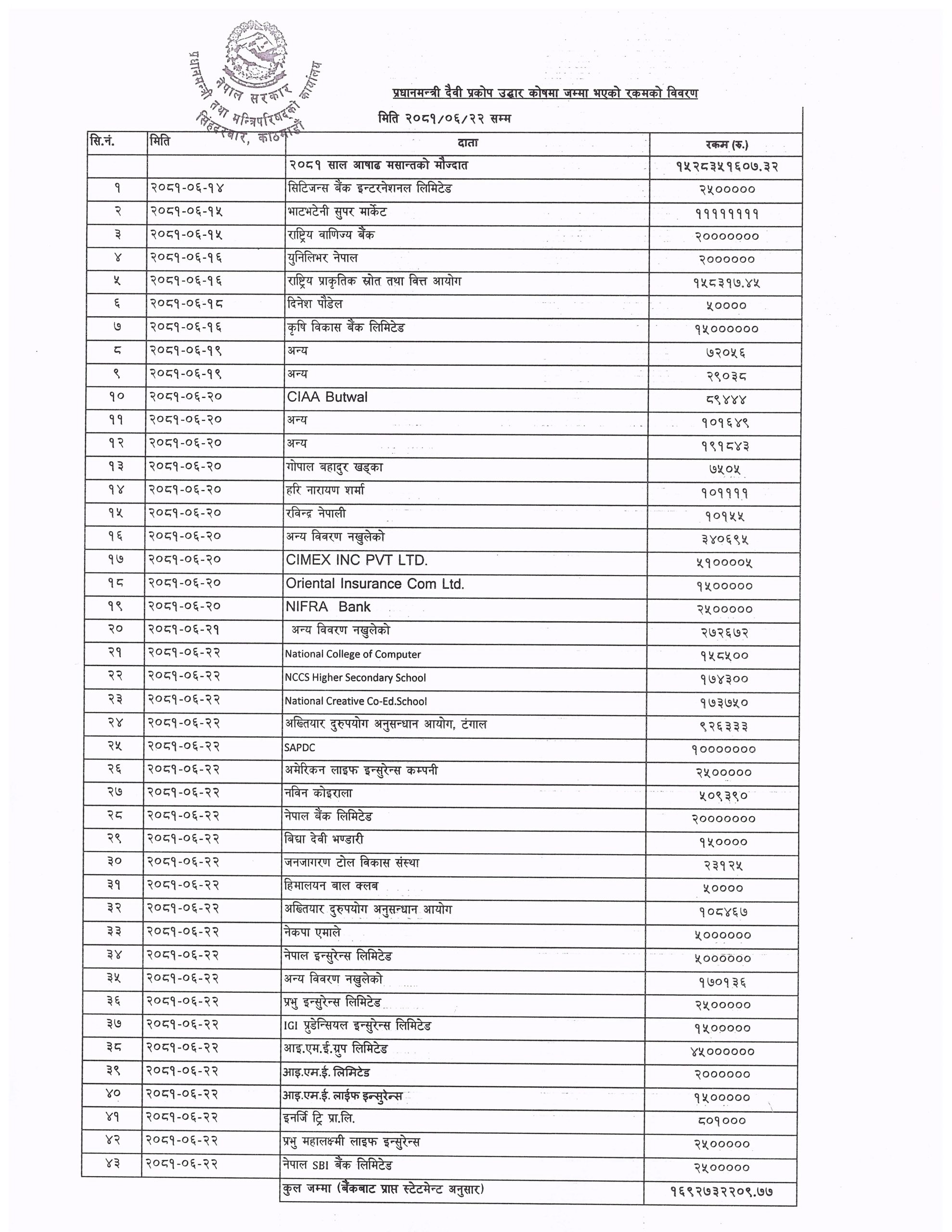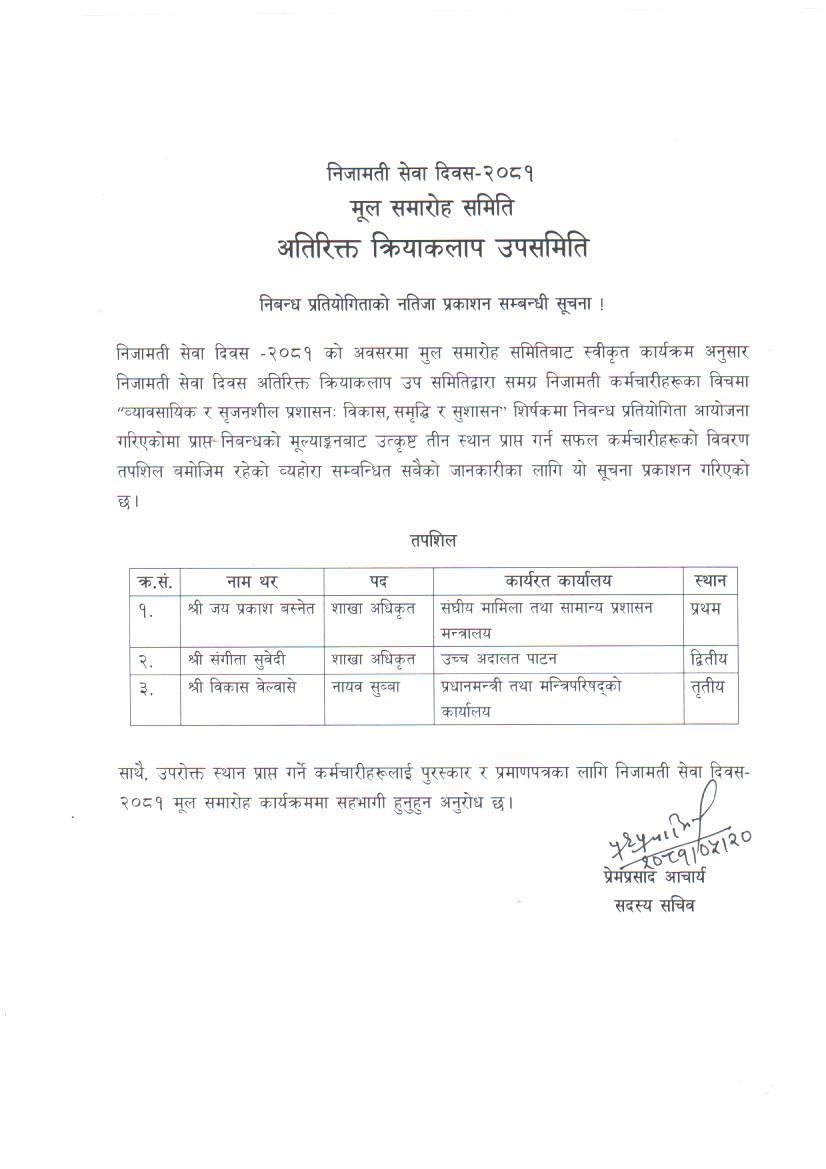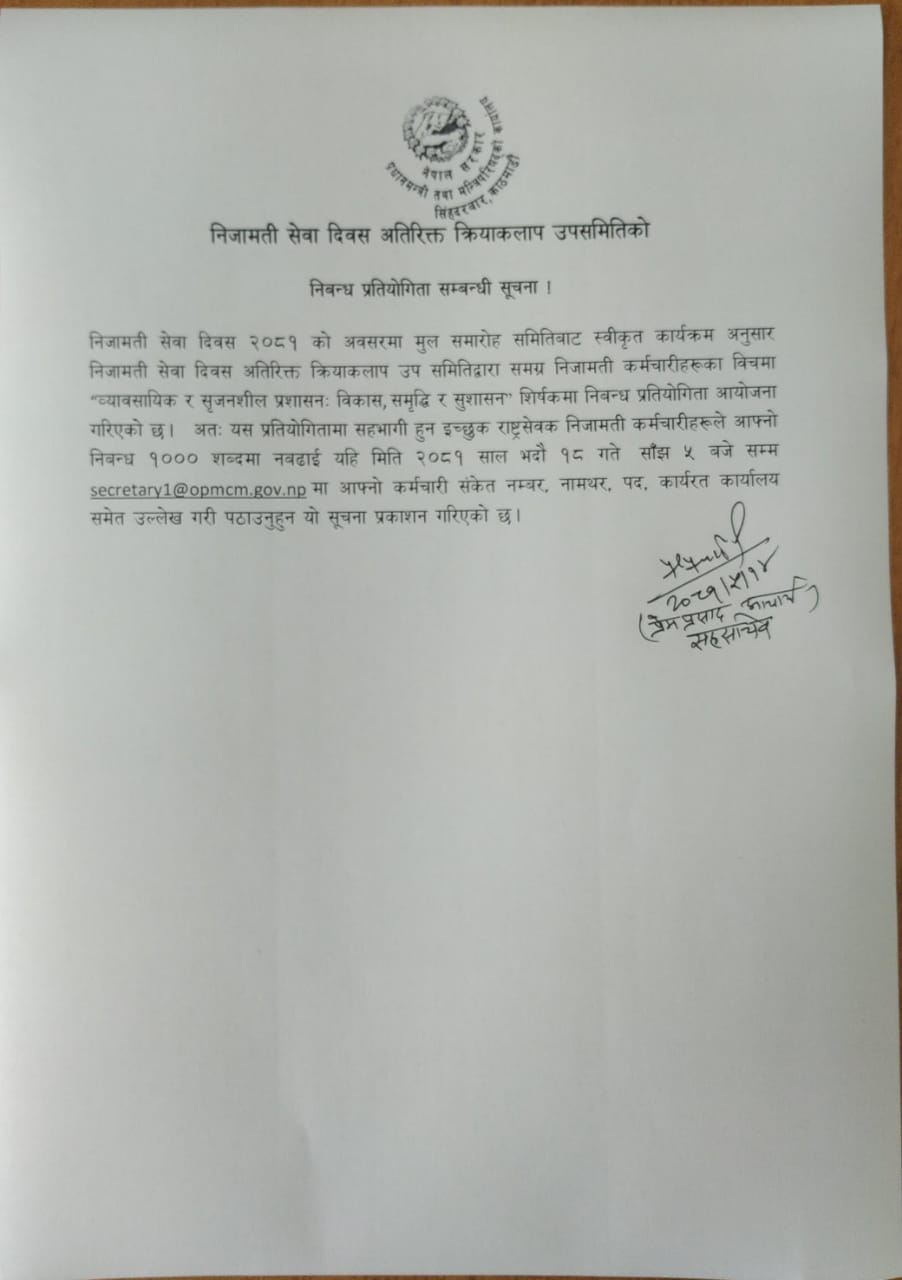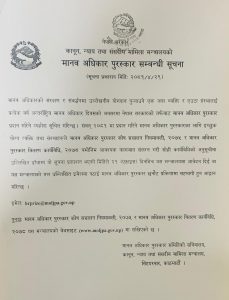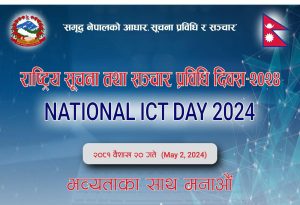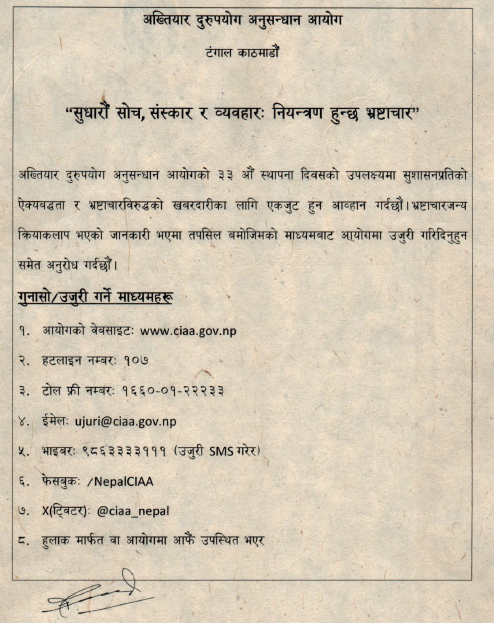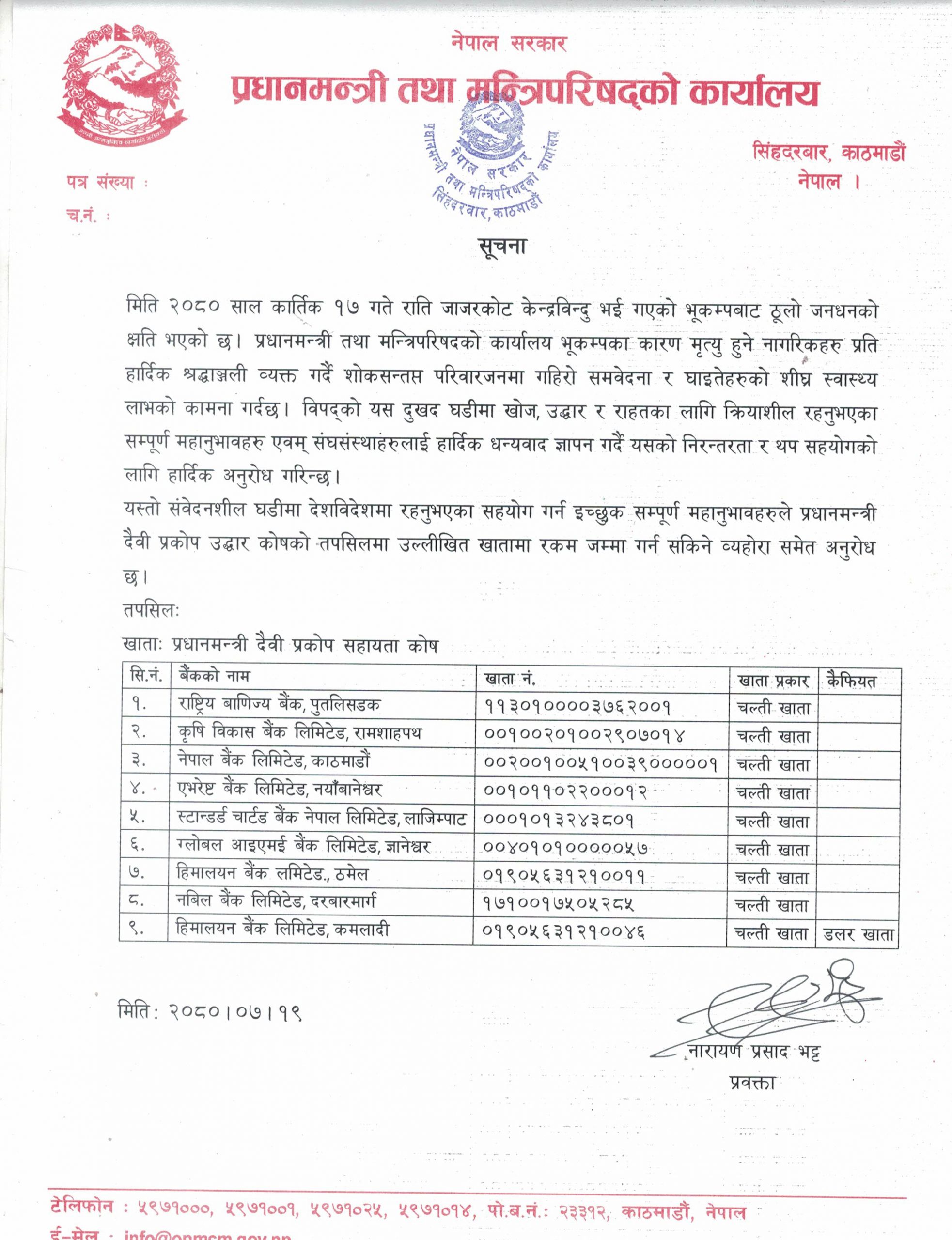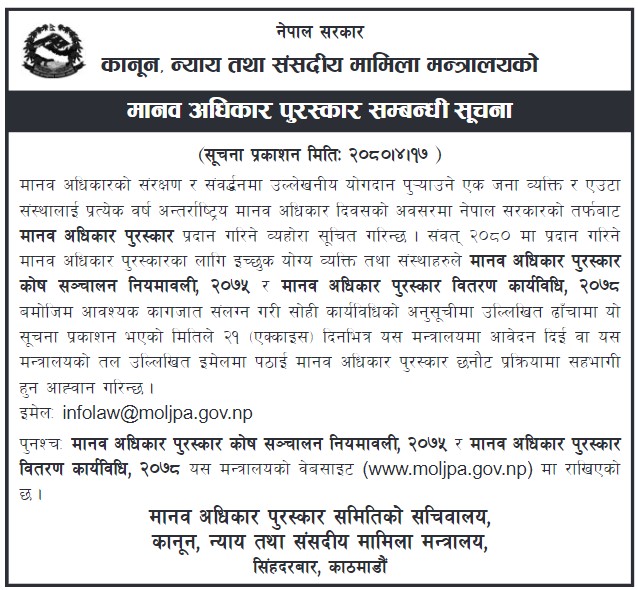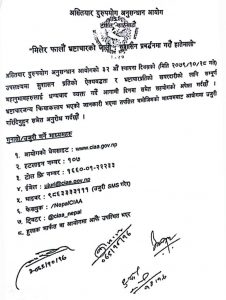Chair of this Session, Honourable Minister for Forest, Mr. Shankar Bhandari,
Honourable Ministers
Distinguished Delegates and participants,
Friends from the media
Ladies and gentlemen,
I am delighted to be amongst the prominent personalities from Snow Leopard Range Countries of the world.
Nepal warmly welcomes you all in Kathmandu.
I am confident this important meeting will be able to assess the present level of conservation of Snow Leopard and devise new plan of actions that will be helpful to the protection of this beautiful natural creation.
Protecting biodiversity for the planet’s future is a global responsibility. We are joining hands with the global community in conservation through various environment-related multilateral agreements. The Convention on Biological Diversity and the Convention on International Trade in Endangered Species of Wild Fauna and Flora are particularly important in the conservation of protected wildlife.
In line with our international commitment, Nepal has prepared National Biodiversity Strategy and its Action Plan for 2014 to 2020.
Together with the implementation of the Action Plan in tandem with National Climate Change Policy, we are progressing towards achieving the CBD Aichi Biodiversity Targets and bio-diversity related SDGs.
And today, we launched the Snow Leopard Conservation Action Plan of Nepal.
The charismatic, elusive and endangered snow leopard is one of Nepal’s priority species for conservation.
Snow leopard habitat in Nepal posses a unique blend of fascinating natural beauty and cultural diversity. The snow leopard range hosts some of the best tourist destinations in the world with incredible trekking routes and mountaineering hotspots.
Yet these are the lands that are economically poor and prone to natural disasters.
It is befitting to recall the devastating earthquake of April 2015 that had a serious impact in the key snow leopard range. Thousands of human and animal lives were lost, land masses were ruptured and moved, roads were blocked, water sources were altered, and the surviving people lost their homes and source of livelihoods.
This is the stark reality of the mountain ecosystem in our region. Despite challenges, we are now actively engaged in reconstruction process.
While doing so, we are careful to ensure that the reconstruction and rebuilding efforts adopts the nature-friendly process.
Our efforts of nature-based tourism development and the economic development activities around the habitats of snow leopard should consider ecological integrity of the area. This particular range provides various ecosystem services which is the basis for life for both humans and other flora and fauna in the high mountains.
Excellencies, Ladies and Gentlemen,
The mountains of Central and south Asia are also known as the third pole of the earth. They hold large volumes of fresh water that feeds millions of people downstream. Snow Leopards are the guardian of these water towers, and they are the indicator of the healthy mountain ecosystem. We cannot imagine the mountains of Central and South Asia minus the snow leopards.
Thus, it is not the responsibility of only these 12 countries and a handful of organizations to help conserve snow leopard and its ecosystems. It is a duty of everyone who needs clean air and fresh water.
I am confident that your deliberations during the second GSLEP Steering Committee Meeting will prove to be significant to protect ecological integrity of the mountain ecosystem in general and suggest sustainable livelihood options for the people living within those areas in particular.
Habitat loss, human-wildlife conflict, poaching and illegal trade, and climate change are some of the challenges in the arena of protecting snow leopards.
I believe this is a common challenge to all the countries in the range.
With only a few thousands of snow leopards remaining in the world, we have a challenge and responsibility to recover, maintain and further grow the number of these beautiful animals. This calls for maintaining a fine balance between mountain ecosystems, biodiversity and well-being of the local people.
For this, we require strong and sustained political commitment, and financial resources.
While your very presence here today demonstrates that commitment; we should also find ways to secure sustained source of financing for the conservation activities.
I am glad that the range countries are preparing management plans for snow leopard landscapes that will potentially create new opportunities for investment in the mountains both for maintaining ecological integrity and boosting economic development.
We must create a win-win situation where conservation and development of high mountains blend together. Nepal is fully committed to move ahead together with you all in the conservation of snow leopard in our region.
Ladies and Gentlemen,
All of us must work together to pave the way to ‘Global Snow Leopard Summit’ in Kyrgyzstan later this year. I stand by the President of Kyrgyzstan in his great initiatives to the protection of snow leopards and assure Nepal’s full support in this endeavour.
Nepal too has endeavoured for sustained leadership building in conservation front and create a pool of young scientists by supporting them in research and studies on high altitude biodiversity and landscape management.
The future lies in the hands of young generation. Therefore, I call upon all the range-countries to encourage and engage our Youths on conservation and management of snow leopardand its habitat.
To conclude, Ladies and Gentlemen, I would like to extend my best wishes for the success of this meeting and wish all the Ministers and delegates a pleasant stay in Kathmandu.
I thank you all.
Kathmandu, Nepal
20 January 2017
